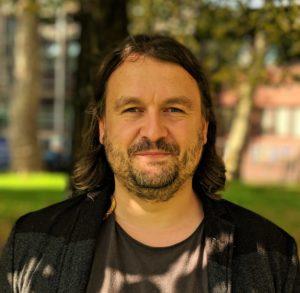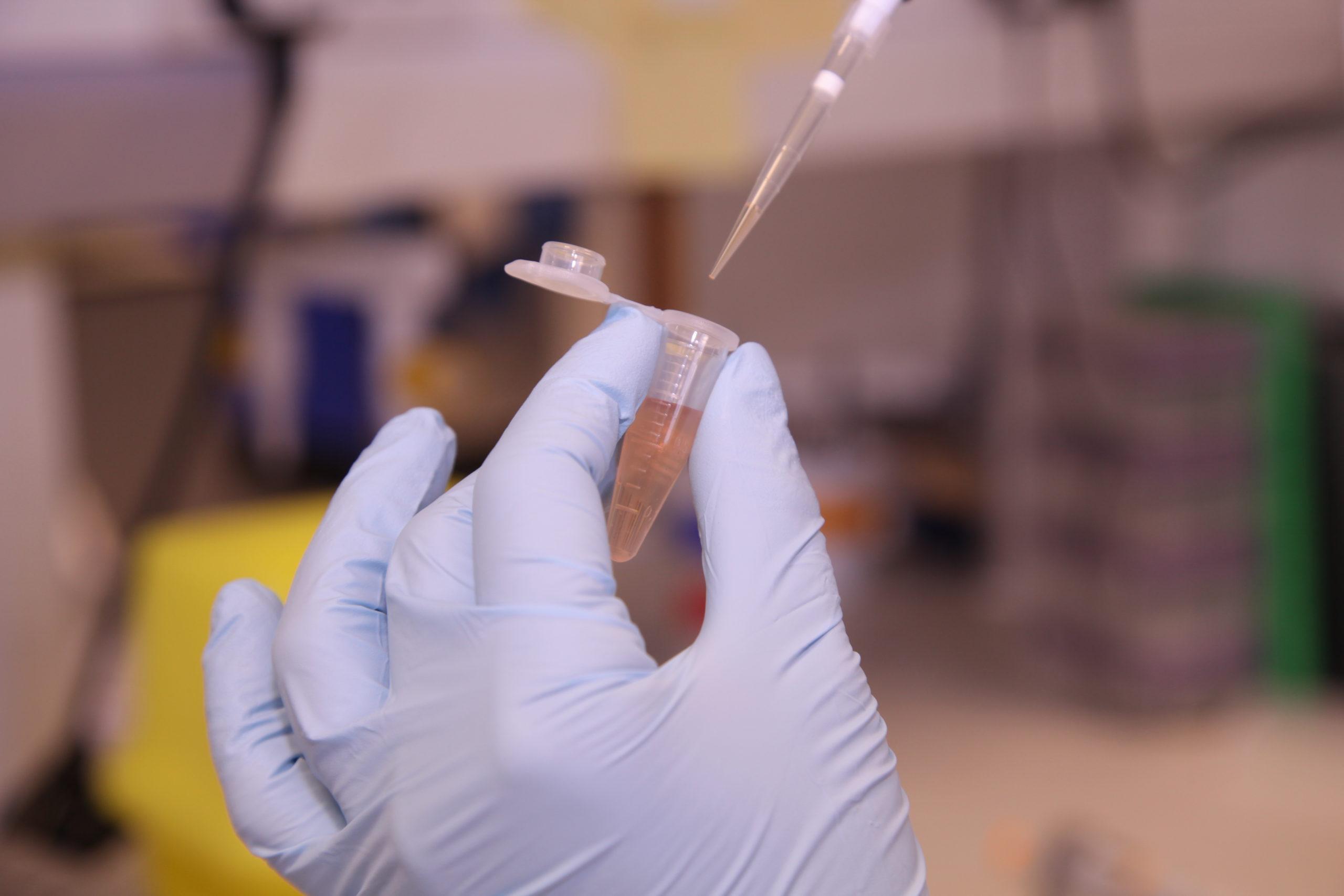BCI researcher joins global Cancer Grand Challenges team taking on some of the most challenging forms of cancer

Dr Benjamin Werner from Barts Cancer Institute (BCI) at Queen Mary University of London is part of a world-class team of researchers that has been selected to receive a £20m Cancer Grand Challenges award to tackle the challenge of extrachromosomal DNA (ecDNA), a major driver of tumour evolution present in around a third of cancers.
Cancer Grand Challenges is a global funding platform, co-founded by Cancer Research UK and the National Cancer Institute in the US, that supports a community of diverse, global teams to come together, think differently and take on some of cancer’s toughest challenges.
The team, which is led by Paul Mischel, MD, Stanford Medicine and unites investigators from a range of disciplines from 11 institutions across the US, UK and Germany, also includes Dr Weini Huang from Queen Mary’s School of Mathematical Sciences.
The challenge of ecDNA in cancer
The Cancer Grand Challenges eDyNAmiC team will tackle the challenge of ecDNA – small, circular pieces of genetic information that enable cancer cells to rapidly evolve to become resistant to treatment. Present in around a third of cancers, ecDNA promotes aggressive tumour behaviour and leads to poorer outcomes for patients. The team hopes to unlock a deeper understanding of ecDNA, which could ultimately lead to new therapies for people with some of the hardest-to-treat types of cancer.

The eDyNAmiC team is one of four new teams announced today (16 June) as part of Cancer Grand Challenges, representing a total investment of £80m to diverse, global teams to take on some of the toughest challenges in cancer research.
Dr Werner, Lecturer and Group Leader in BCI’s Centre for Cancer Genomics & Computational Biology said:
“We have now evidence that some of the most aggressive and difficult to treat cancers are driven by extrachromosomal DNA. We have to understand why and how we can turn this apparent selective advantage into a disadvantage.
“It is extremely exciting to be part of such an international collaboration to take this challenge on, working alongside scientific giants in their respective fields.”
Dr Huang, Senior Lecturer in Mathematical Biology at Queen Mary’s School of Mathematical Sciences said:
“Tumours with ecDNA elements are one of biggest challenges for cancer patients. Understanding the basic mechanisms of the arising, spreading and progress of ecDNA in tumour initiation and following treatments is urgently needed, and requires joint efforts of experts across different fields.
“Our team is truly diverse, with researchers working on genetics, epigenetics, cancer biology and theoretical biology. We have a very exciting opportunity to take on the challenge of ecDNA.”
Developing mathematical and computational methods to model ecDNA dynamics
As part of the project, Dr Werner and Dr Huang will be developing computational simulations and mathematical models to understand ecDNA dynamics in tumour progression and treatment resistance. With their collaborators, they will apply their theoretical work to experimental and clinical data in the hope of identifying new ways to target these mechanisms in cancer.
David Scott, PhD, Director of Cancer Grand Challenges, Cancer Research UK said:
“Cancer is a global issue that needs to be met with global collaboration. This investment in team science encourages diverse thinking to problems that have long hindered research progress.
“Cancer Grand Challenges provides the multidisciplinary teams the time, space and funding to foster innovation and a transformative approach. The eDyNAmiC team is one of four newly funded teams joining a scientific community addressing unmet clinical needs across cancer research.”
More information:
- Find out more about the 2022 Cancer Grand Challenges teams
Category: General News, Grants & Awards

No comments yet